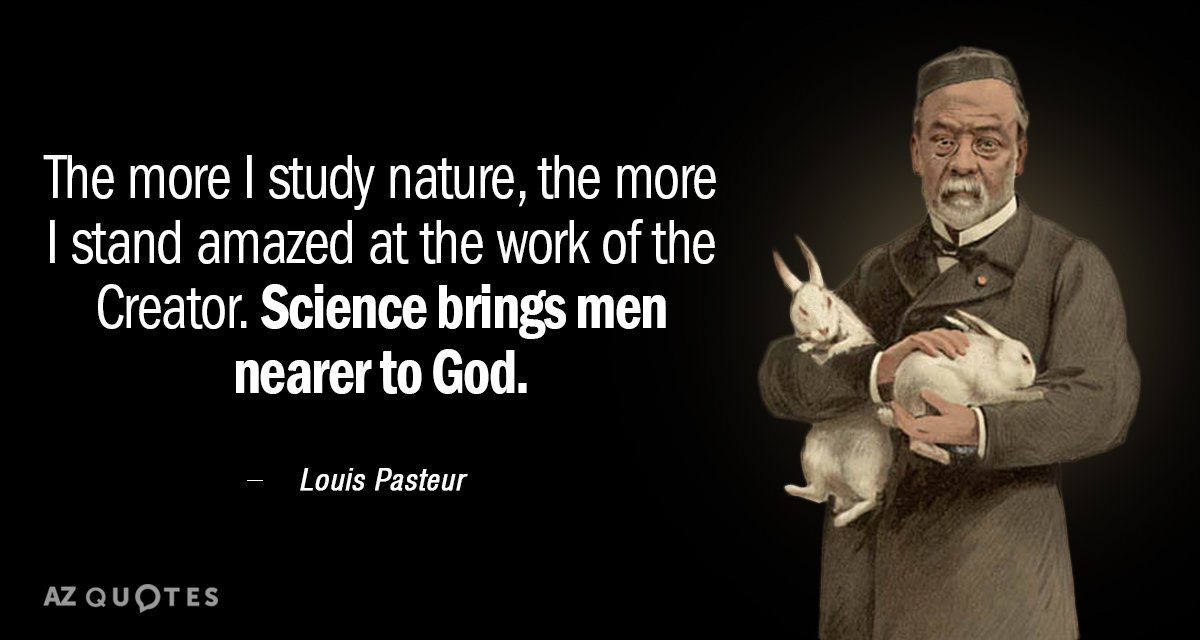
Science knows just about everything, correct?
It seems that way.
Perhaps not.
While one can cite the now time-worn complaint about medical science and eggs (in one study, they’re unhealthy; in the next, they’re the opposite; and where’s the cure for the common cold?), all one has to do is look at the incredible number of organisms on earth, and more than that, their incredible complexity, to know the vaunted “laws” of evolution and natural selection are untenable.
Most scientific “laws,” in fact, can be seen as correct only in part. Even one of Einstein’s greatest equations is now undergoing tweaking, if not outright recalculation. One only has to view the graphic at the top to see the limits of our “laws.” They are now saying that there is an object in space ten million times brighter than the sun (!), a “fact” that, by the by, “defies physics.” The article says, “A bizarre ‘ultraluminous X-ray source’ shines millions of times brighter than the sun, breaking a physical law called the Eddington limit, a new study finds.”
Another “law.” Another study. Another contradiction.
Yes, science has done some remarkable things. Look at the precision of landing on the moon. Or medical technology. Or the internet.
And yet, look, in the face of the universe and its size, how very little we can touch and even less how little we grasp.
Oh, how often God must be amused, although perhaps not so amused at the level of atheism in the scientific community.
Ask the new computational wonder ChatGPT about those percentages and it says: “Several surveys have been conducted on the religious beliefs of scientists. One study published in 2009 in the journal ‘Nature’ surveyed scientists from various fields and found that 93% of them did not believe in a personal god. Another survey published in 2015 in the journal ‘social studies of science’ found that 60% of natural and social scientists in the United States did not believe in a god.”
It’s important to note, added the chat robot, “that the proportion of atheists among scientists varies by field, country, and other factors. Additionally, not all scientists who do not believe in a personal god would identify as atheists.”
Apparently, some scientists do concede the existing of an “organizing energy” or something.
But it is no wonder they are so very biased when it comes to determining the authenticity of miracles and other supernatural happenings — and how astray we were in letting seminaries succumb to the “scientific-philosophical” mentality.
Back on January 23, 1976, a front-page story in The New York Times (itself not exactly a bastion of faith) was headlined, “Doubts Are Raised on Why Sun Shines.” Though couched in the newspaper’s cautious style, the article could not have been more dramatic. What it was saying was that the idea that sunshine originates from the fusion of hydrogen nuclei — something most of us learned in science class –might be totally wrong.
Credit where it is due: science has saved many lives and continues to. Many of us wouldn’t be around but for the penicillin.
But, oh, how wound up is science — at all levels — in hubris and complexity.
It’s really far simpler.
The ultimate truth is but three letters. It spells all the answers.
Dear scientists: they are “G-O-D.”
–MHB
[resources: ‘The Rising Tide’: live retreat and video, Michael Brown, prophecy, personal testimony, 4/15]


